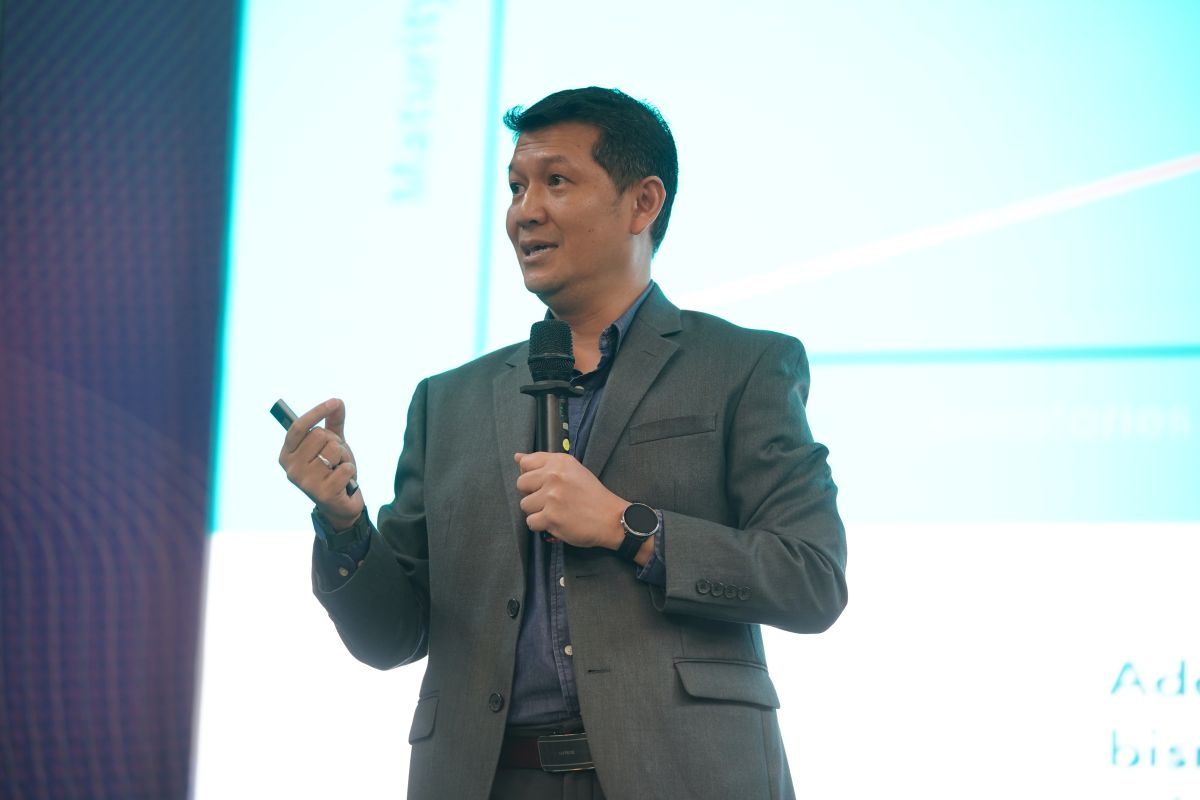Maintaining Mental Health Stability Through Self-Management
By Adi Permana
Editor Adi Permana

BANDUNG, itb.ac.id – In celebration of World Mental Health Day, which is commemorated every October 10, ITB invited Dr. Bagus Takwin, M.Hum. as a speaker at the Studium Generale on Wednesday (13/10/2021) on the topic "Self-Managing, Maintaining Good Mental Health”.
He is a lecturer and the chairman of the Cognition, Affect, and Well-being Laboratory at the Faculty of Psychology of Universitas Indonesia. He has authored books on psychology, philosophy, art, and culture, and has written frequently in several media.
According to the World Health Organization, mental health is related to happiness and well-being. However, for people who are having hardships, this word is inappropriate. The concept is adjusted to "dynamic internal stability" because most people experience both pleasant and terrible feelings. This stability helps people to rise over difficulties and use their strengths in accordance with society ideals.
Achieving a harmonious stability is based on the ability to perceive, express, modulate, and sympathize with one's own and others' emotions, which requires basic cognitive and social abilities. Furthermore, this ability will improve resilience to face the obstacles in life. Respect and care for oneself, others, living things, and the environment are also universal values that can be acknowledged.
Self-management, which can alter the mindsets, feelings, and behaviors, is a crucial key to mental health. This mentality can help a person regulate their thoughts, emotions, and action in order to adapt to the demands of a constantly changing environment. Dr. Bagus remarked, "Keeping stability requires self-control."
As a summary, he added, mental health is a state, and self-management is a function that allows that state to be maintained.
There is self-regulation in self-management, which is defined as the understanding and handling of the growth of persons who construct and maintain steps to reach goals.
Self-control comes next, which refers to a person's ability to adjust responses to situations in order to avoid unpleasant conduct. If a person's mental health is in conflict, the third approach is to self-monitor their own condition while working toward a healthier state.
Small activities, such as taking care of yourself, focusing on one task, and thinking before speaking, can all help with self-management. Moreover, perceiving problems as a learning process and opportunities to refine abilities can help to build resilience in self-management. Then, with a constructive, powerful, and healthy personality, this learning process evolves toward an optimistic, positive, and realistic outlook on life.
Reporter: Ruth Nathania (Environmental Engineering, 2019)
Translator: Sekar Dianwidi Bisowarno (Bioengineering, 2019)


.jpg)

.jpg)
.jpeg)


